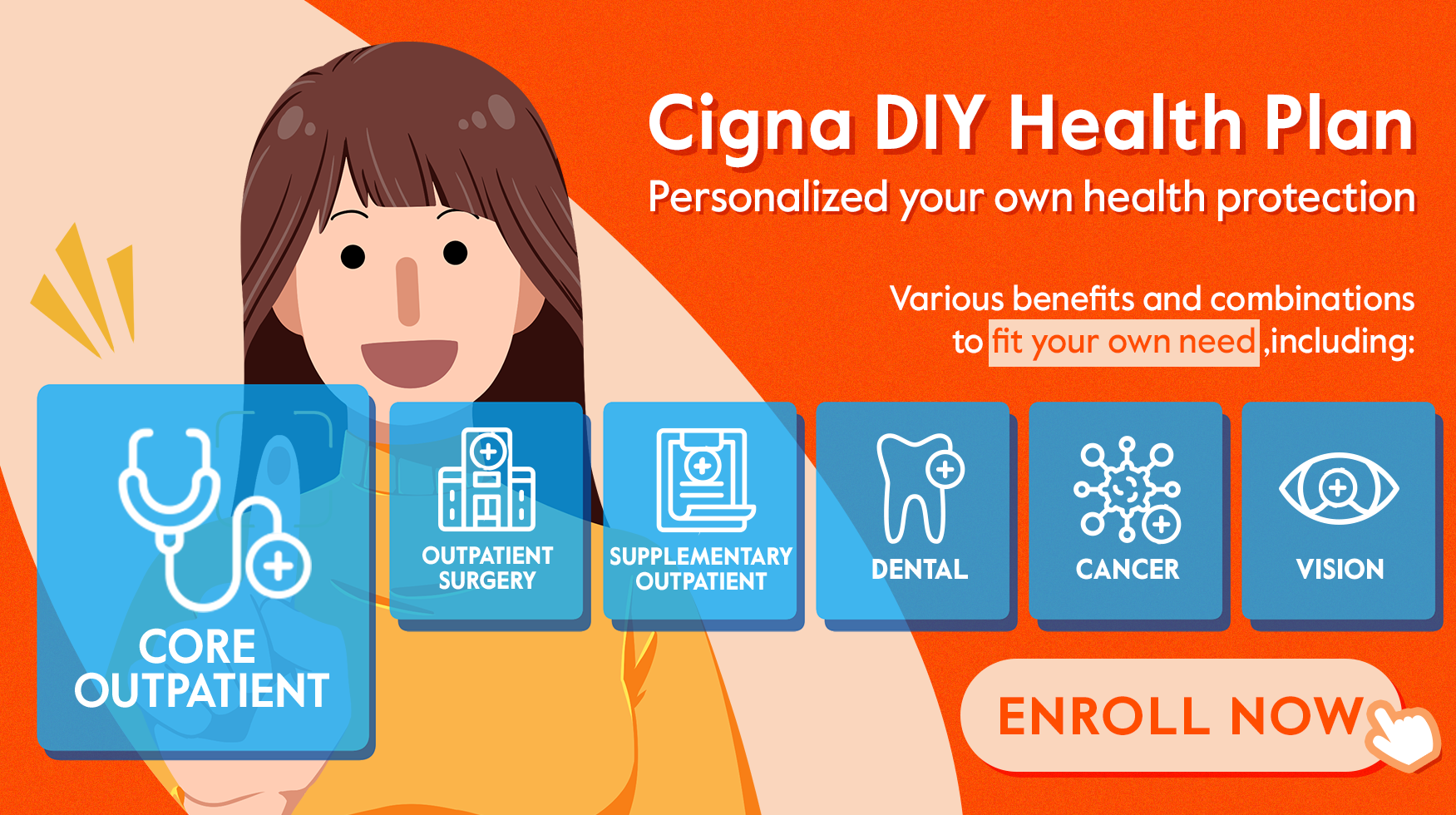Increased Endolymph Leads to Meniere’s Disease
Meniere’s disease is an inner-ear condition caused by an abnormal amount of fluid (endolymph) in the inner ear. It leads to vertigo (a specific type of dizziness in which you feel as though you are spinning), balance issues, and other symptoms.
Although Meniere’s disease affects only one ear in most cases, it poses negative impacts on your daily life. In some severe cases, you may feel gagging and vomit, creating all kinds of troubles in your daily life. All in all, what are the causes of Meniere’s disease?
Causes of Meniere’s Disease
According to Dr. HO Chung Wai Ambrose, a specialist in Otorhinolaryngology, the causes of Meniere’s disease can be excessive excretion of endolymph and bad fluid circulation, leading to fluid accumulation and high pressure in the labyrinth. It affects the vestibular system of the inner ear and brings discomfort.
Located in the labyrinth, the vestibular system creates a sense of balance for you by controlling the movement of otoliths and the lymphatic flow in the semicircular ducts. The exact causes of Meniere’s disease is still unknown, but scientists believe that inherited tendency and other diseases may play a role in contributing to the episodes of vertigo.
Symptoms of Meniere’s Disease
Many may think that Meniere’s disease is the cause of feeling dizzy. However, the incidence of the disease is not common clinically. By age groups, Meniere’s disease is more common among youngsters and the middle-aged, while not the elderly as the rumor said. Besides, you are considered having Meniere’s disease if you have all of the following four systems.
- Recurring episodes of vertigo (dizziness): Episodes of vertigo occur without warning and usually last 20 minutes to several hours (less than 24 hours in general). It may lead to vomiting for severe cases.
- Hear ringing, roaring, or buzzing inside your ear
- A feeling of pressure or obstruction in your ear
- Muffled hearing or permanent hearing loss
Medications for Meniere’s Disease
Currently, there is no cure for Meniere’s disease. Still, it can be improved by medications and lifestyle changes to lower the adverse effects done on your daily life. Your doctor will prescribe oral or injectable motion sickness and anti-nausea medications for mild cases.
If the disease recurs frequently, he/she may use diuretics to lower your ear pressure and chances of vertigo by fostering fluid circulation or reducing the pressure on the endolymphatic system.
Some patients may need surgery, referring to the removal of vestibular nerve or endolymphatic shunt placement, but it may lead to a hearing loss afterward.
Tips for Relieving Meniere’s Disease
Many diet suggestions for Meniere’s disease are available nowadays. As per Western medicine, your doctor usually suggests lowering sodium and caffeine intake, such as cafe, strong tea, and chocolate. These items may increase the pressure of the endolymphatic system in your inner ear and eventually lead to Meniere’s disease due to fluid accumulation.
You could take reference from the relieving tips in your daily life if you suspect Meniere’s disease.
- Avoid salty food
- Drink less strong tea
- Drink less alcohol and coffee to prevent inner ear edema and thus the incidence
- Take enough rest
- Relieve your stress and stay relaxed
When vertigo attacks, you could try the following.
- When feeling dizziness and spinning, sit down to avoid falling
- Do not drive if it is not necessary
- Try to open your eyes and look at one point, such as a sign or a billboard, to relieve the discomfort and shorten the time of vertigo
- Lay down until the attack is over if you are at home
- Share the conditions with your relatives for help when needed
Besides, an otolith displacement and vestibular nerve inflammation may also cause dizziness. An otolith shift can be due to a blow to the head or natural degradation. If an otolith falls from the original utricle into the semicircular canal, it affects your balance only while not experiencing tinnitus or hearing loss. An otolith displacement occurs if you perform or maintain a particular posture, such as looking up or laying down.
Furthermore, vestibular nerve inflammation relates to infection and mostly happens when you catch a cold or flu. The dizziness generally disappears once you recover. If the dizziness persists, please visit your doctor as soon as possible for diagnosis and early treatments.
The causes of dizziness are numerous. Common causes include Meniere’s disease and otolith displacement. If you feel dizzy persistently, you should seek medical advice at your earliest advance for clues and early intervention. Cigna DIY Health Plan enables you to freely choose from various protection benefits to customise your plan to your individual needs, including dental coverage, regular oral check-up, treatment cost and emergency. Tailor your health coverage now.


